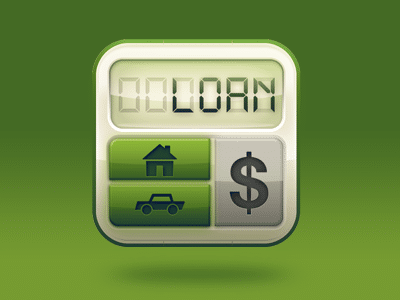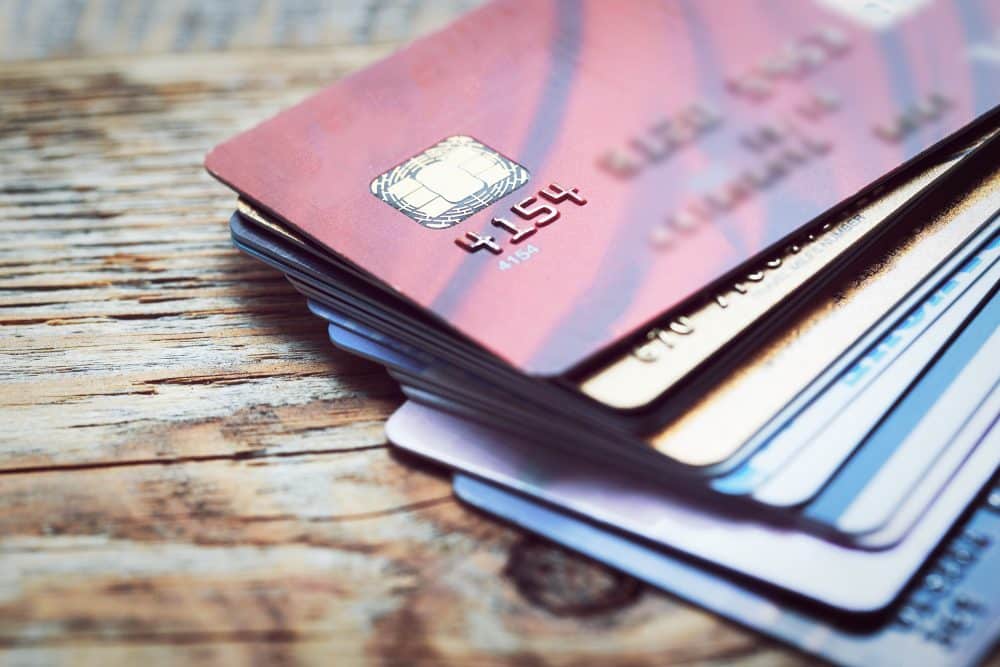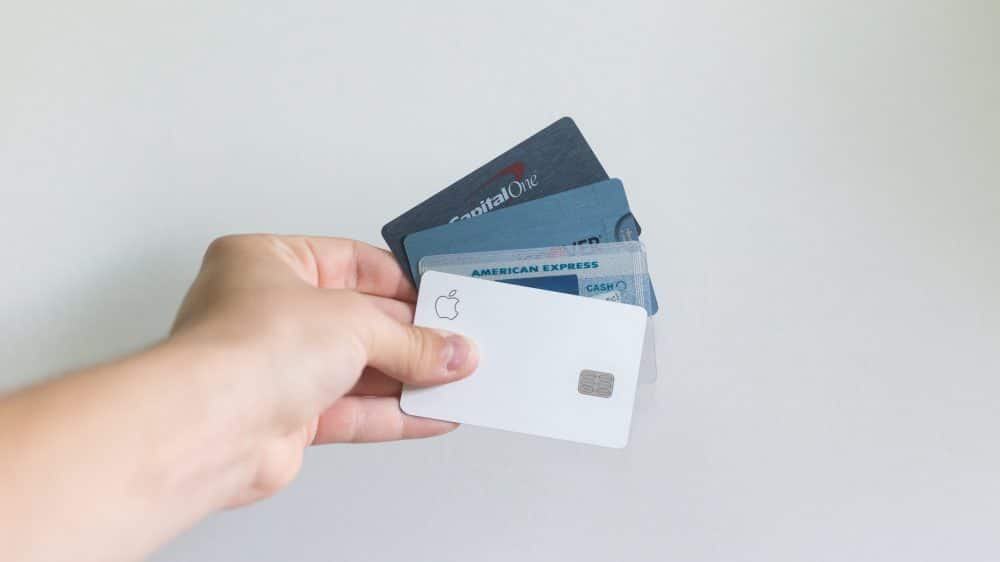 Nobody wants to have a bad credit score. It can definitely make life a lot harder than it should be. A bad credit score can prevent you from getting a loan. It may result in being asked for a security deposit or getting a higher insurance rate. Obviously, you should do all you can to make sure you maintain your good credit score. And part of that action plan should be in knowing what makes your credit go south.
Nobody wants to have a bad credit score. It can definitely make life a lot harder than it should be. A bad credit score can prevent you from getting a loan. It may result in being asked for a security deposit or getting a higher insurance rate. Obviously, you should do all you can to make sure you maintain your good credit score. And part of that action plan should be in knowing what makes your credit go south.
- Late Payments
Your payment history makes up 35% of your credit score. This means that a late payment will affect your credit score and not in a good way. In fact, if you are more than 30 days late in paying your credit card bill, it is automatically added into your credit report and this information can stay there for seven long years. How many points it drops will be determined by other information listed on your credit report. And if you have good credit, be prepared to lose more points.
- Unemployment
Ok, unemployment claims are not included in your credit report. However, being unemployed and unable to pay your bills on time and in full will negatively affect your credit score. And like we said earlier, if you happen to have a good credit score, a missed payment of more than 30 days will cost you more points compared to someone with a bad credit score. If you want to prevent this from happening, you might want to check out alternative financing such as peer-to-peer lending platforms. These often allow you access to cash quickly and provide you with a lower interest rate. This way, you still get to pay the bills on time.
- High Credit Card Balances
Your credit utilization ratio is used when calculating your credit score. This measurement is taken by comparing how much your credit card limit is and how much of the available credit you have used. A high credit utilization ratio tells lenders that you are a higher credit risk. So if you max out your credit cards, you lose points in your credit score. Experts advise to use only 30-35% of your available credit to keep your score on the high side.
- Too Many Credit Applications
Every time you apply for a credit card or loan, the lender will perform a credit check. The problem lies with the type of inquiry they perform. A soft inquiry is usually performed by lenders who want to pre-approve you for a loan or credit card. This type of inquiry will not affect your score. The hard inquiry, on the other hand, may lessen your score by up to 5 points. Whenever you request for credit, a hard inquiry is performed and this becomes part of your credit report. Anyone who makes a credit check on you will be able to see the hard inquiry. The more credit applications you have within a short amount of time, the more points you’ll shave off from your credit score.
- Closing old credit cards
Your credit history makes up 15% of your credit score because it allows lenders to see how well you manage your financial responsibilities. The longer your history is, the better your score will be. If you close out old credit cards, it will shorten your credit history in the report which will then affect your credit score. Also, closing out credit cards that have available credit will increase your credit utilization ratio because you are lowering the amount of credit that is available to you compared to how much of that credit you have already used.









